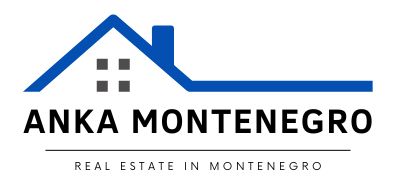Montenegro, a breathtaking nation nestled in the Western Balkans, has been steadily progressing towards integration with the European Union (EU) since its independence in 2006.
As a foreign investor eyeing the Montenegrin real estate market, understanding the country’s relationship with the EU and its implications is crucial.
Today we will look at Montenegro’s current status in the EU, its prospects for joining the bloc, and other related topics to help you make well-informed investment decisions.
We’ll also provide insights into Montenegro’s NATO membership, visa-free travel for its citizens, and the country’s position in Europe.
So, let’s dive in and uncover the fascinating journey of Montenegro on its path to joining the EU.
First, Is Montenegro In Europe?
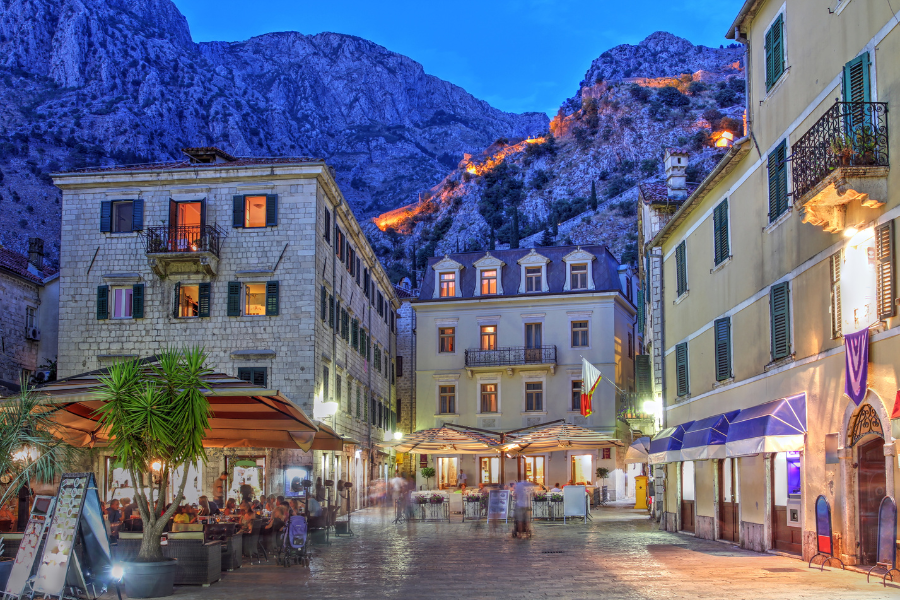
Yes, Montenegro is part of the Western Balkans region, an area in Southeast Europe that includes several other countries aspiring to join the EU.
It borders Croatia to the west, Bosnia and Herzegovina to the northwest, Serbia to the northeast, Kosovo to the east, and Albania to the southeast.
Montenegro has a coastline along the Adriatic Sea to the southwest, making it a popular tourist destination known for its stunning natural beauty, picturesque coastal towns, and pristine beaches.
The EU has shown a strong commitment to the European perspective of the other Western Balkan countries, fostering political and economic stability in the region.
Is Montenegro In The EU Yes Or No?
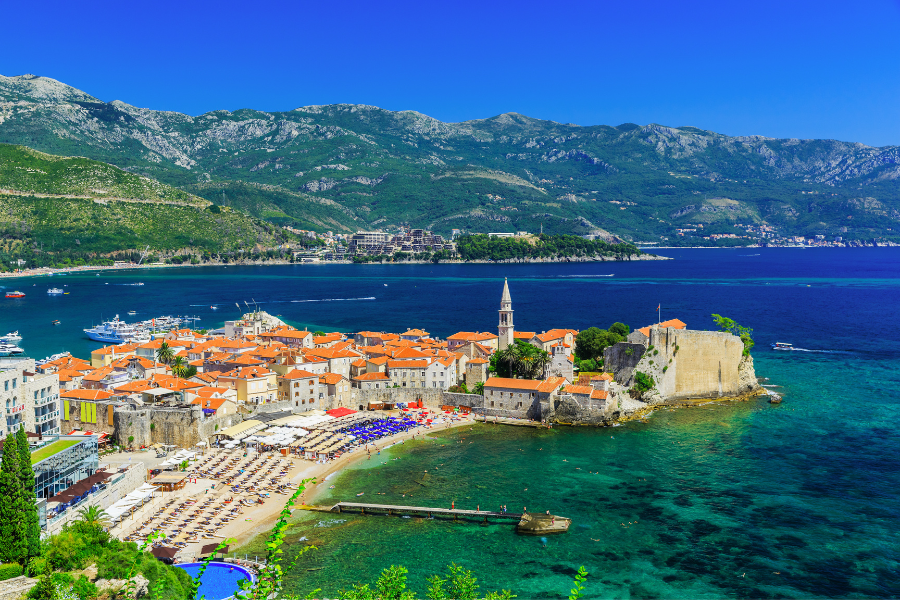
No, it is not yet a member. The small country of Montenegro applied for EU membership in 2008 and has since been working towards fulfilling the necessary criteria for accession.
Montenegro has made significant progress in its accession process but has yet to complete negotiations and join the bloc.
To become a member, Montenegro must also implement crucial reforms, such as strengthening the independence and efficiency of its Constitutional Court.
The Montenegrin government continues to work on key reforms aimed at furthering the country’s EU integration.
Also, the European Commission states that it closely monitors the progress of candidate countries, including Montenegro, as they work towards membership.
When Will Montenegro Join The EU?
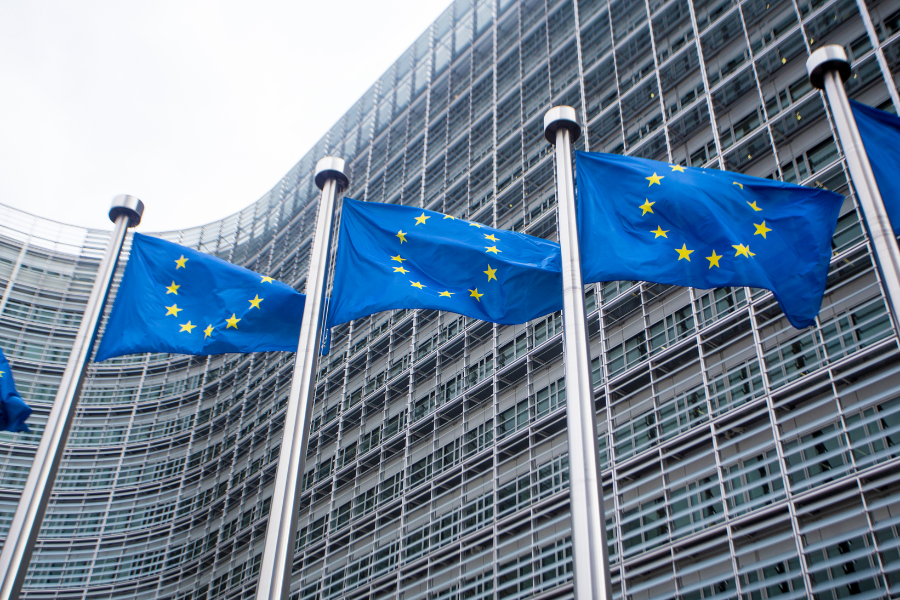
Montenegro’s accession process has been ongoing since 2010, with negotiations beginning in 2012.
There is yet to be a definitive timeline for Montenegro’s accession to the EU. Instead, the process depends on the country’s ability to meet the EU’s accession criteria, which include political, economic, and legislative reforms.
Political parties from across the political spectrum in Montenegro have expressed support for the country’s membership goal.
Montenegro has signed an Association Agreement with the EU, which serves as a framework for cooperation and the basis for accession negotiations.
The pace of Montenegro’s accession process depends on various factors, including the actions and decisions of the country’s ruling majority.
The formation of a new government in Montenegro could influence the pace of the country’s EU accession process.
Montenegro’s citizens and political leaders have expressed their commitment to a European future for the nation.
Montenegro Calling
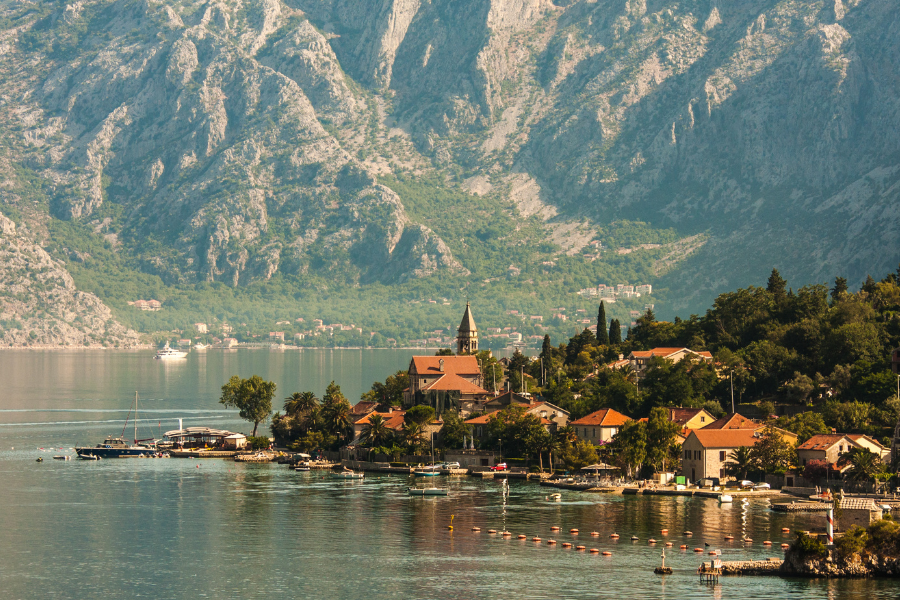
Montenegro is an attractive destination for foreign investors, particularly in the real estate market.
The country’s stunning natural beauty, strategic location in Southeastern Europe, and progress toward membership make it an appealing option for investment.
Montenegro’s government has implemented various policies and incentives to attract foreign investment, including tax benefits and streamlined procedures for property acquisition.
Contact our office today for more information on how you can successfully invest in the country.
Is Montenegro A Rich Country?
Montenegro is an upper-middle-income country, according to the World Bank classification.
Montenegro has experienced significant economic growth since gaining independence from the state union with Serbia in 2006.
The tourism, energy, and real estate sectors primarily drive the country’s economy.
As mentioned, Montenegro is also a candidate for European Union membership, indicating its political and economic alignment with European standards.
Why Did Montenegro Join NATO?
Montenegro joined NATO in 2017, becoming the alliance’s 29th member.
Several factors drove the country’s NATO membership, including the desire for security, stability, and stronger ties with the international community.
Montenegro’s NATO entry also supports its efforts towards EU accession, as it demonstrates the country’s commitment to Euro-Atlantic values and standards.
As a NATO member, Montenegro has strengthened its ties with the Western world, which may positively impact its accession process.
Can Montenegro Citizens Live In The European Union?
Although Montenegro is not yet a member, its citizens can travel freely within the EU’s Schengen Area for short stays of up to 90 days in any 180 days without a visa.
However, Montenegrin citizens only have the right to live and work in the EU if they meet specific requirements, such as having a valid work permit or being a family member of an EU citizen.
What Was Montenegro’s Currency Before The Euro?
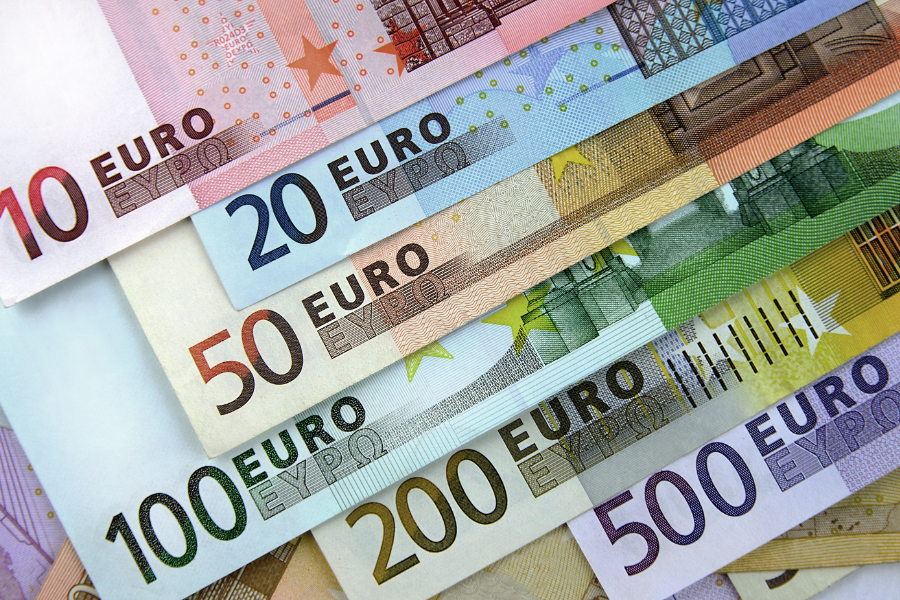
Before adopting the Euro as its official currency in 2002, Montenegro used the Deutsche Mark (DM) as its legal tender.
The decision to adopt the Euro was made unilaterally by the Montenegrin government, even though the nation is not yet an EU member.
This move was intended to stabilize the economy and attract foreign investment.
Is Montenegro In The EEA?
Montenegro is not currently a member of the European Economic Area (EEA), which consists of EU member states as well as Iceland, Liechtenstein, and Norway.
The EEA Agreement allows for the extension of the EU’s Single Market to these non-EU countries, providing them with access to the free movement of goods, services, capital, and people.
As Montenegro is still negotiating its EU membership, it still needs to be part of the EEA.
Does Montenegro Form Part Of Schengen?
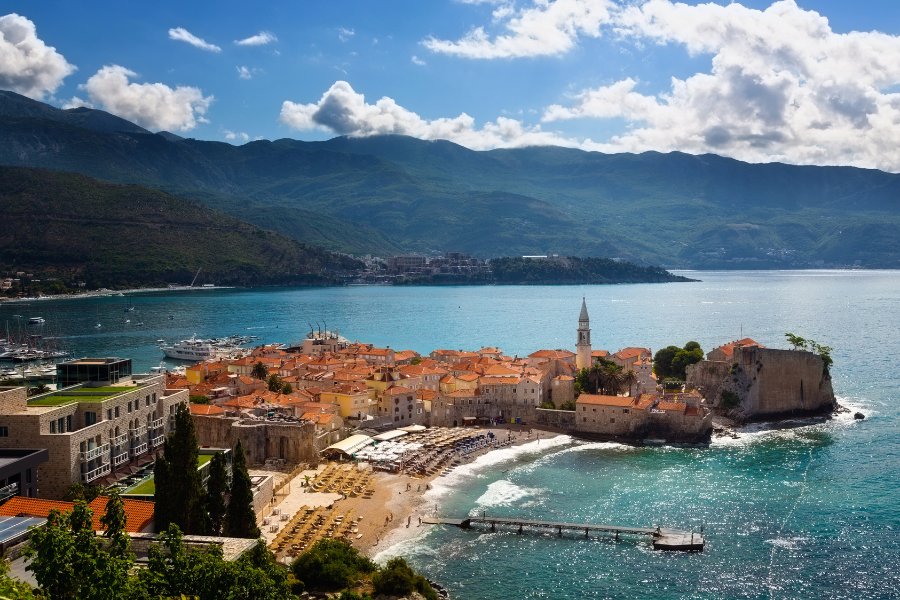
Montenegro is not a member of the Schengen Area, a zone comprising 26 European countries that have abolished passports and other types of border control at their mutual borders.
However, Montenegrin citizens can travel visa-free to the Schengen Area for short stays of up to 90 days within 180 days.
This visa-free travel privilege is due to Montenegro’s progress in meeting specific benchmarks and aligning with EU policies.
Montenegro’s accession to the Schengen Area will depend on its membership progress and meeting the requirements for joining the Schengen Area.
How Exactly Do Countries Join The EU?
The process of joining the European Union is complex and requires candidate countries to fulfill specific criteria known as the Copenhagen Criteria.
These criteria include:
- Political criteria: stable institutions that guarantee democracy, the rule of law, human rights, and respect for and protection of minorities.
- Economic criteria: a functioning market economy capable of coping with competitive pressures and market forces within the European Union.
- Adoption and implementation of the EU acquis: the candidate country must adopt, implement, and enforce all EU laws and regulations, known as the acquis communautaire.
The process for a country to join typically involves the following steps:
- Membership application: A country formally applies for membership, and the European Council assesses the applicant’s eligibility.
- Candidate status: If the applicant meets the Copenhagen Criteria, the European Council grants candidate status.
- Accession negotiations: The EU and the candidate country engage in negotiations to ensure they align with its policies and adopt the acquis communautaire.
- Closing of negotiations: Once the candidate country completes the accession negotiations, an Accession Treaty is drafted.
- Ratification of the Accession Treaty: The Accession Treaty must be ratified by all EU member states and the candidate country.
- Accession: Once the Accession Treaty is ratified, the candidate country officially becomes an EU member state.
In the accession process, the candidate country also needs to align its foreign affairs and security policies with those of the EU.
Montenegro has received support and guidance from its European partners during its accession process.
A nation must meet the required criteria or implement necessary reforms to ensure its accession process is completed on time.
Conclusion
In conclusion, Montenegro’s journey toward EU membership is ongoing. The country’s progress in this regard has made it an attractive destination for foreign investors, particularly in the real estate market.
The Montenegrin government has implemented various policies to attract foreign investment, and the country’s future European integration promises further growth and opportunities.
If you want to explore Montenegro’s real estate market and make a well-informed investment decision, speak to Anka Montenegro today.
Our experienced professionals will guide you through the process, providing valuable insights and assistance at every step.
Don’t miss out on the unique opportunities Montenegro has to offer – contact Anka Montenegro now and start your journey towards a successful investment in this beautiful and promising country.
FAQs
Some examples of European countries that are not EU members include Norway, Switzerland, and the Western Balkan countries, such as Serbia and Montenegro.
Croatia was the last country to join the European Union, which became the 28th member state on July 1, 2013.
